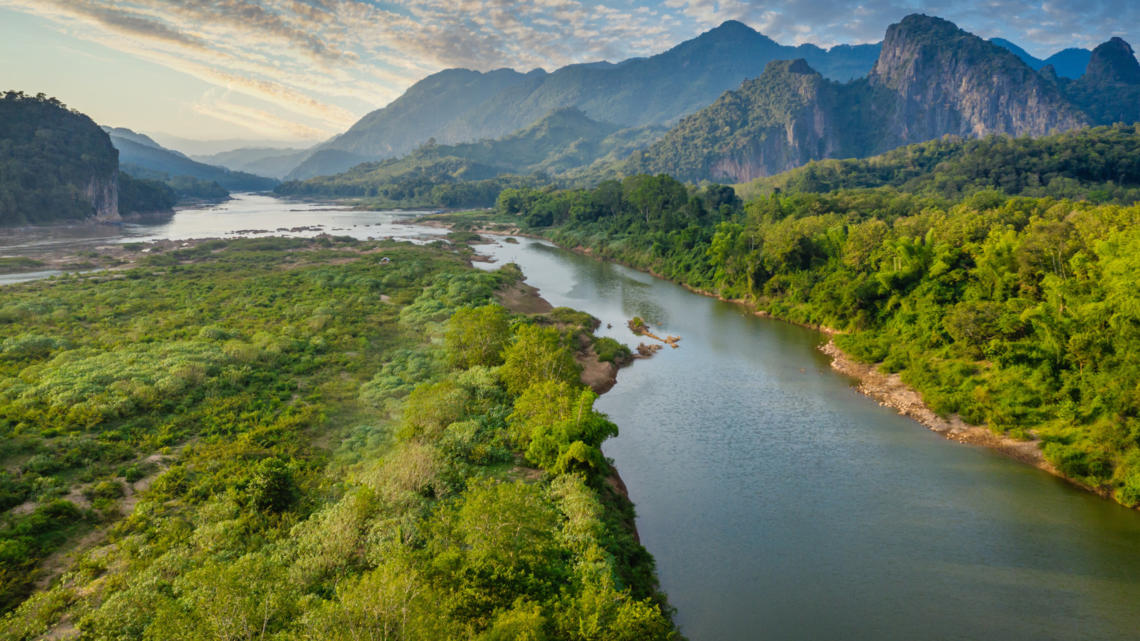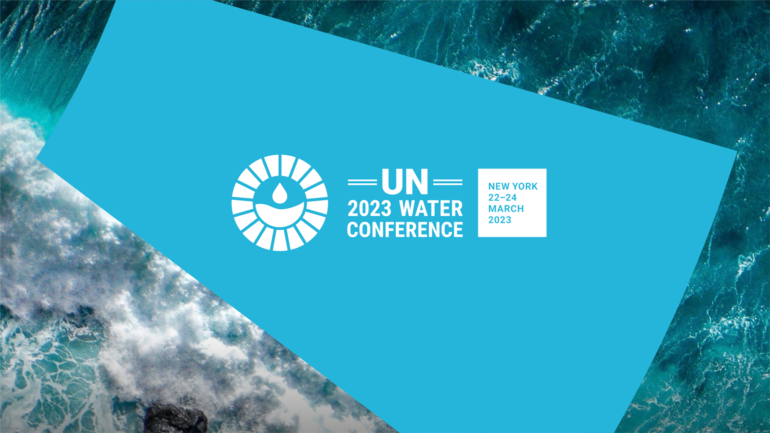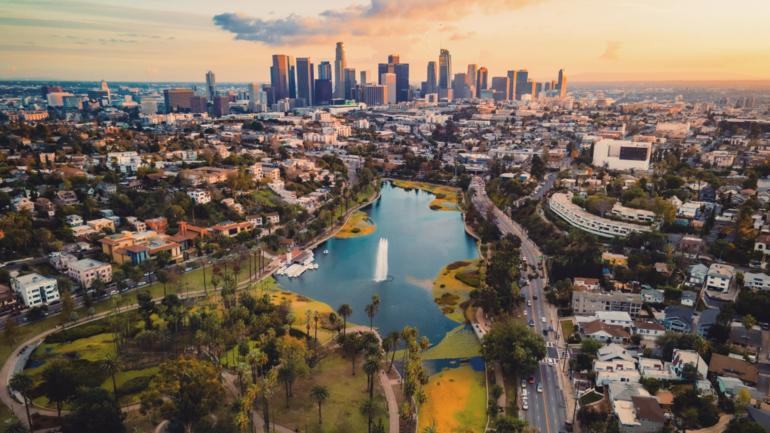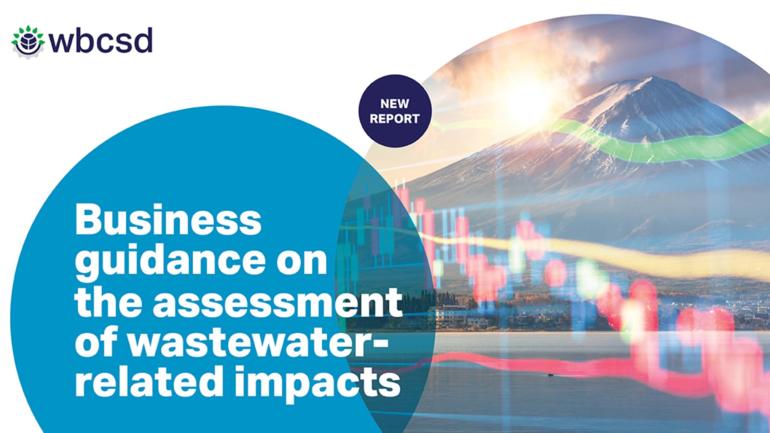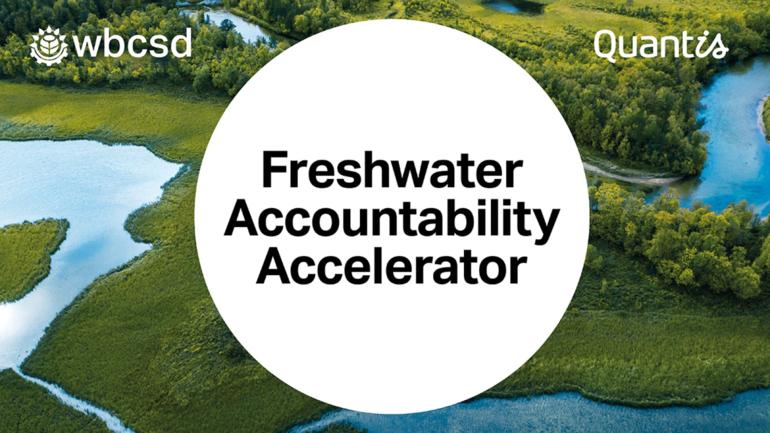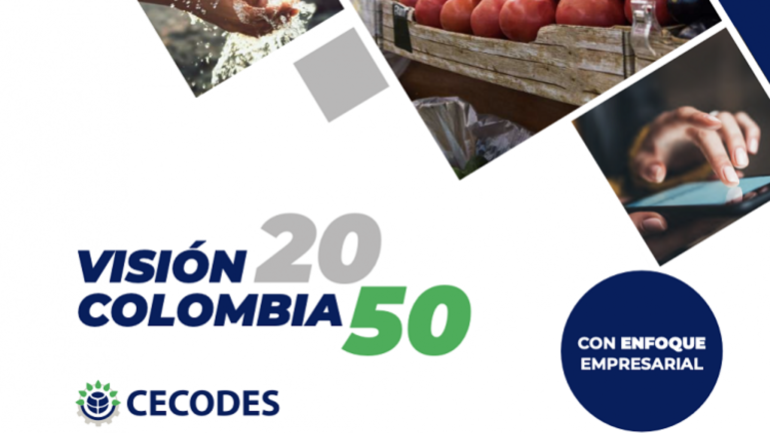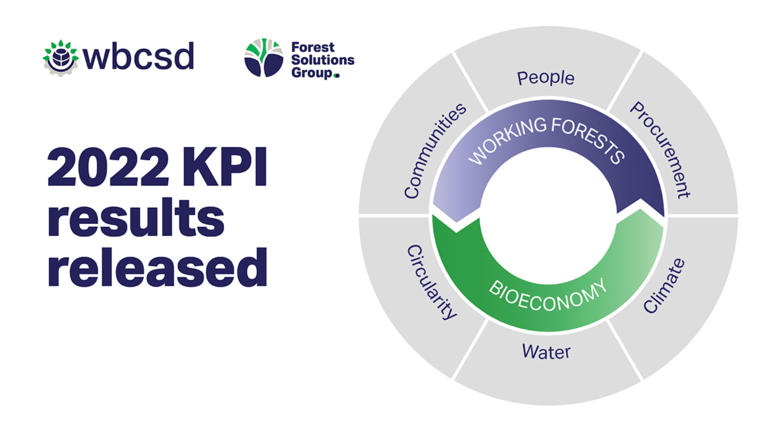Water plays a critical role in ensuring that 9+ billion are people living well, within planetary boundaries, by mid-century. This year’s World Water Week (WWW), held last week, focused on Building Resilience Faster, addressing the water-related challenges of the climate crisis, water scarcity, food security, health, biodiversity, and the impacts of the Covid-19 pandemic. The virtual five-day event convened experts from government, industry, academia, NGOs and other organizations from 170 countries to demonstrate how to act now as well as highlight the critical role of business in implementing solutions for water-related challenges and a resilient future.
WBCSD led a series of sessions on different themes and topics during the week jointly with partner organizations and contributed to several other sessions through the week. Sessions were designed to support and guide industry in reducing water usage, eliminating water pollution, mitigating climate change and providing access to Water, Sanitation and Hygiene (WASH) for building resilience against water scarcity, climate change, COVID-19 and future shocks.
In June, WBCSD released the ‘Wastewater Zero Commitment’ to drive business action for elimination of industrial wastewater by 2030. In a session convened by WBCSD, CDP and UN-Habitat, WBCSD launched ‘The road to Wastewater Zero is data driven’, an issue brief discussing how a lack of available data hinders progress towards SDG 6.3. This WWW session highlighted the need for collaboration between different stakeholders and drew on insights from institutional investors, technology providers and researchers, about the opportunities for data to drive action on industrial wastewater management. Good data underpins regulations, technology investments and disclosure, all of which can drive corporate action to eliminate wastewater pollution. Later this year, WBCSD will release new tools to support standardized approaches for data collection and assessment to understand wastewater pollution impact.
In the session ‘Water Impact Protocol for the food and Agriculture sector’, WBCSD and co-hosts South Pole and CGIAR's Research program on Water, Land and Ecosystems/International Water Management Institute launched the public consultation for the Water Impact Protocol. This is a standardized approach for companies across the food value chain to value water-related impacts. During the session, leading food and agriculture sector companies highlighted how the new Protocol will help them to assess their water-related impacts and support their decision-making. The session highlighted the complementarity of the Protocol with the freshwater methodology for the Science Based Targets for nature, as well as the role of the Protocol within the broader True Value of Food movement that aims to harmonize ways in which companies valuate impacts in the food system. A public consultation on the protocol is now open: you can provide your feedback through a survey here.
The 50L Home Coalition (50L Home) is a global platform for action that addresses water security and climate change with an aim to make 50 litres of daily water use per person a reality for all. A session by 50L Home explored how household water conservation measures can also contribute to reducing carbon emissions in our cities. Speakers highlighted the importance of collaborations, particularly public-private partnerships that can promote approaches which consider broader systemic implications and can integrate emerging challenges such as nature-based solutions, affordability, and finance. Together businesses agreed on the need to bring diverse knowledge and innovations in the end-to-end system from drinking water, distribution, building systems, and water and wastewater management, as well as make necessary changes in the entire value chain. There was also emphasis on the need to develop a long-term vision to enable transformational change.
Throughout the week, speakers from 19 companies and 16 partner organizations shared case studies and expertise in sessions led and supported by WBCSD, on various water-related challenges and solutions.
For information on the role of business with regards to water and sanitation, please see WBCSDs Vision 2050: Water and Sanitation Pathway covering the ten areas of business action vital to keep water flowing for all – and support the systems transformation needed by 2050 in the face of today’s global challenges.

